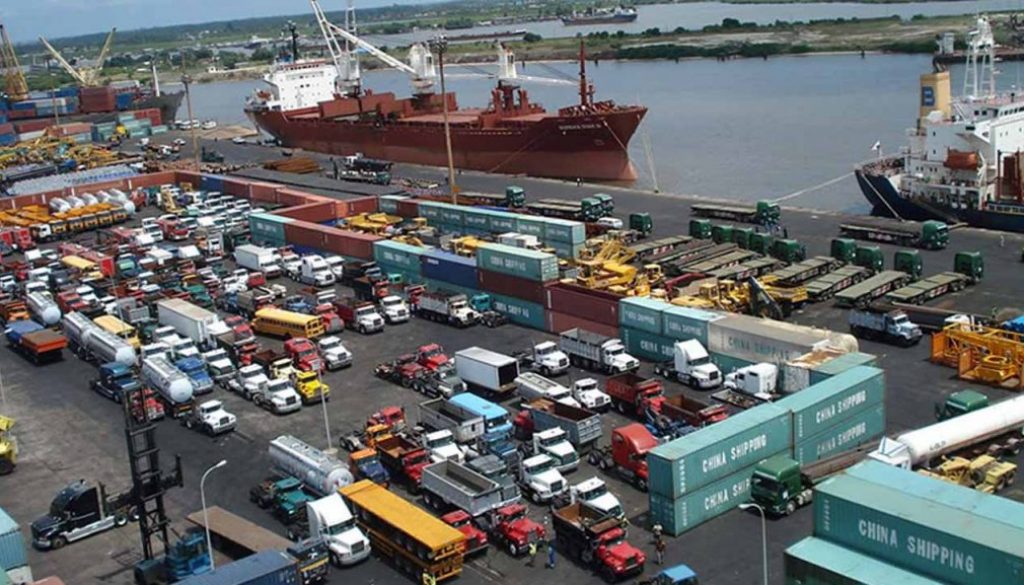Dr Chiwuike Uba, a development economist and financial expert, has urged Federal and State Governments to use alternative financing options rather than borrowing to finance infrastructure development.
Uba, the Board Chairman of Amaka Chiwuike Uba Foundation (ACUF), gave the advice in Enugu on Wednesday in a statement.
“As a country, we should check the propensity to accumulate public debt under the pretext of financing capital projects, by actively seeking alternative project financing options, especially through the Public-Private-Community-Partnership (PPCP) arrangement.
He said that fiscal viability could not be created and sustained with a growing budget deficit funded by public debt, lamenting that analysis of the 2023 budget showed that “there is no concrete strategy to jump-start the economy”.
“The N21.8 trillion 2023 Federal Government Budget passed into law by the National Assembly and assented by the President on Jan. 3 is worthy of commendation by Nigerians.
“First, the timely presentation of the budget to the National Assembly offered the minimum time required for an adequate and detailed legislative review of the budget documents.
“The revenue and expenditure projections in the Federal Government 2023 budget, known as the ‘Budget of Fiscal Consolidation and Transition’ appear to be inconsistent with the budget’s policy direction contained in the President’s Budget Speech.
“While the strategic objective of the budget is to ‘maintain fiscal viability and ensure a smooth transition to the incoming administration’, the budget figures are not in agreement and are incapable of achieving the budget objectives.
“First, fiscal viability cannot be created and sustained with a growing budget deficit funded by public debt and no concrete strategy to jumpstart the economy.
“In particular, where more of the public debts are allocated to the financing of recurrent expenses. The average budgeted deficit and the actual deficit between 2015 and 2022 are 56 per cent and 111 per cent respectively.
“In 2016, it was 47 per cent, and 45 per cent for deficit budget and actual deficit, 57 per cent and 74 per cent in 2016; 46 per cent and 143 per cent in 2017; 27 per cent and 94 per cent in 2018; 27 per cent and 101 per cent in 2019.
“In 2020 and 2021, the budget deficit and the actual deficit were 86 per cent and 193 per cent, and 74 per cent and 139 per cent respectively.
“In 2022, the budget deficit is 82 per cent and the actual deficit as of November 2022 is 98 per cent.
“Sadly, instead of reducing the budget deficit, the government has increased the budget deficit to 108 per cent in 2023.
“The average budget deficit between 2015 and 2023 is 62 per cent and this deficit is funded by public debt,” he said.
The expert said that the projected debt service to revenue ratio of 60 per cent in 2023 did not have the capacity to support fiscal viability, especially with the financing of recurrent expenditures with more than 48 per cent of the proposed new debts.
He noted that the more worrisome was the continued violation of paragraphs (a) and (b) of section 41 of the Fiscal Responsibility Act, 2007.
According to him, the section states that government at all tiers shall only borrow for capital expenditure and human development.
Uba added that the debt service to revenue ratio for the years 2015, 2016, 2017 and 2018 was 32.7 per cent, 44.6 per cent, 61.6 per cent and 54.1 per cent respectively.
“The ratio increased in 2020 and 2021 to 97.8 per cent and 90.9 per cent, respectively. As of November 2022, the debt service to actual revenue ratio was 80.7 per cent.
“On average, approximately 48 per cent of all debts incurred between 2015 and 2022 were used to finance recurrent expenses, contrary to applicable legislation.
“In addition, the average actual capital expenditures as a percentage of total actual expenditures from 2015 to 2022 are 15.3 per cent,” he said.
The expert noted that to reverse this trend, Nigeria needed to put in place a credible budget parameters and deficit reduction plan to cope with the negative impact of high deficits and debt on the economy.
Uba noted that unfortunately, there appeared to be no clear exit strategy for transitioning from current levels of fiscal imbalances to more sustainable levels in the 2023 budget.
“Where is the plan or strategy to reduce borrowing and debt service? To what extent is the strategy achievable when our deficit exceeds 108 per cent of projected revenues and the larger portion of the proposed additional debt proposed to fund recurrent expenditures?
“I am not sure the government is focusing on programme evaluations, value for money, and cost-benefit analysis during the budget process.
“Incidentally, section 44 (1) of the Fiscal Responsibility Act 2007 mandates ‘any Government in the Federation or its agencies and corporations desirous of borrowing to specify the purpose for which the borrowing is intended and present a cost-benefit analysis’.
“Thus, detailing the economic and social benefits of the purpose to which the intended borrowing is to be applied.
“In fact, subsection 2 of section 44 further states that ‘the proceeds of such borrowing shall solely be applied towards long-term capital expenditures.”













